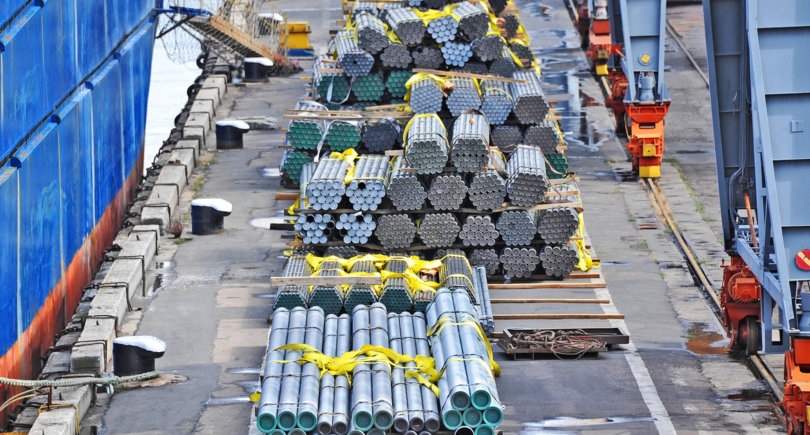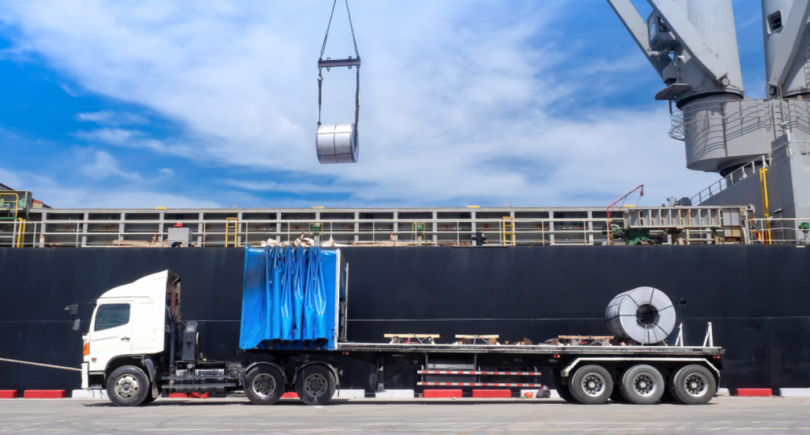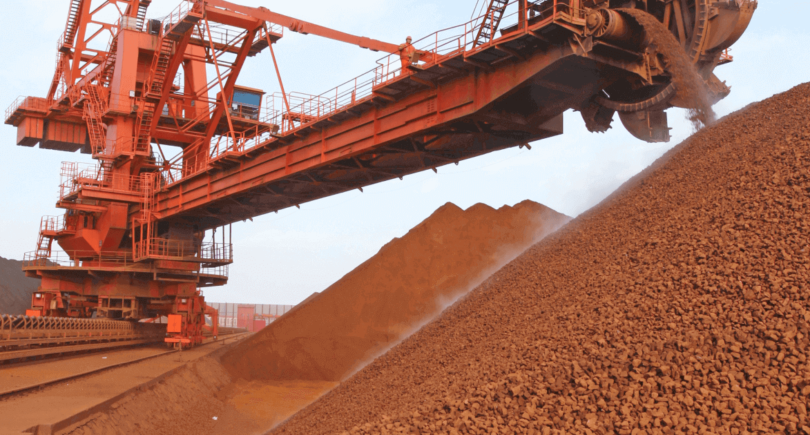
News Global Market China 1545 10 August 2023
Currently, the country is discussing the structure of emissions reporting
China may bring steel to its carbon market by 2025, the country currently negotiating an emissions reporting framework, writes China Dialogue.
China’s national carbon market has been in operation for two years, currently covering only the energy sector. It is planned that it will be continuously expanded to other industries with intensive emissions, such as steel sector, production of non-ferrous metals and building materials.
Steel industry accounts for about 15% of the country’s carbon emissions, making it the biggest polluter among other industrial sectors. Bringing the industry to a national carbon market to force companies to engage in decarbonisation would be a significant step given China’s climate goals. The country aims to reach peak emissions by 2030 and carbon neutrality by 2060.
With the planned entry into force of the European CBAM, Chinese steelmakers are increasingly concerned about the additional costs they will face when exporting to the EU due to the lack of domestic emissions pricing. It is widely believed in the industry that expanding the Chinese carbon market would be one way to solve the problem.
At the same time, the allocation of permits in the carbon market depends on accurate corporate data on emissions, which is one of the reasons why the energy sector was included in it first. In the steel industry, this accounting is more complicated.
In recent years, government agencies have issued various requirements aimed at improving baseline data collection in the steel industry. In 2021, the Ministry of Ecology and Environment commissioned the China Steel Industry Association to develop a permit allocation program for this industry sector. It was also about the study of the existing system of monitoring, reporting and verification of carbon emissions.
In 2022, the ministry published a notice requiring the submission and verification of reports on greenhouse gas emissions for 2021 from companies in certain industries, including the metallurgical industry.
In June 2023, the Chinese Academy of Environmental Planning held working meetings on the project of bringing the steel industry to the national carbon market. They discussed key issues such as carbon accounting limits in the sector, allocation of permits for different steel production processes and monitoring reports.
Taking into account the directions followed by government departments in recent years and experts’ assessments, the carbon emission quota allocation program in steel industry may be completed by the end of the 14th five-year period (2021-2025).
As GMK Center reported earlier, CBAM can become an external stimulus for the growth of China’s carbon market. This could provide an incentive to improve the national CO2 accounting system to offset some of the long-term effects.




